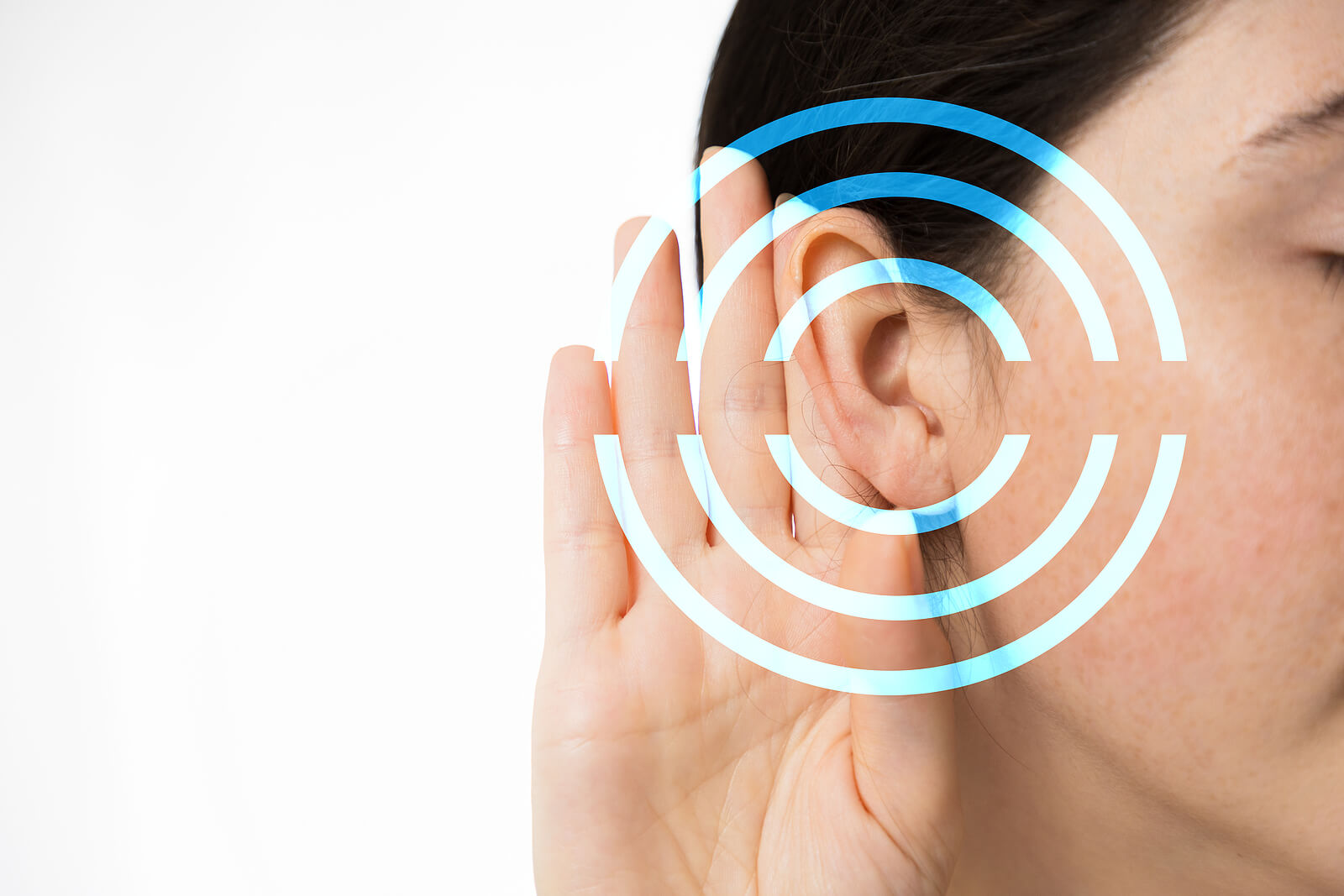
Auditory Processing (also called Central Auditory Processing) refers to the means by which we make sense of what we hear. Auditory Processing Disorder (APD) refers to the abnormal interaction of hearing, neural transmission and the brain’s ability to make sense of sound. People with APD have normal hearing sensitivity, however, they have difficulty processing the information they hear. Individuals may experience difficulty understanding speech in the presence in noise, problems following multi-step directions, and difficulty with phonics or reading comprehension.
Parents, educators, physicians, speech-language pathologists and psychologists realize the role that auditory processing plays in a child’s ability to learn, leading to an increase in referrals to audiologists with expertise in this area. Proper diagnosis can be made only after the completion of a battery of special tests, administered and interpreted by an audiologist. There may be other neurological factors contributing to the symptoms of APD as well, which should be examined by a physician. Individualized treatment programs, possibly including assistive listening devices, are available to help strengthen auditory processing skills in children and adults diagnosed with APD.
